Optimal Timing for Wood Door Stripping
Wood door strippings involve removing old paint, varnish, or finishes from wooden doors to prepare for refinishing or restoration. Proper timing ensures optimal results, durability, and ease of work. The process is most effective when environmental conditions are ideal for stripping and subsequent finishing.
Spring and early fall are recommended due to moderate temperatures and lower humidity, which facilitate effective stripping and drying.
High humidity, extreme cold, or heat can hinder the stripping process and affect adhesion of new finishes.
Ideal temperatures for stripping are between 50°F and 85°F, ensuring chemicals work effectively and finishes cure properly.
Low to moderate humidity levels prevent moisture from interfering with stripping chemicals and drying times.
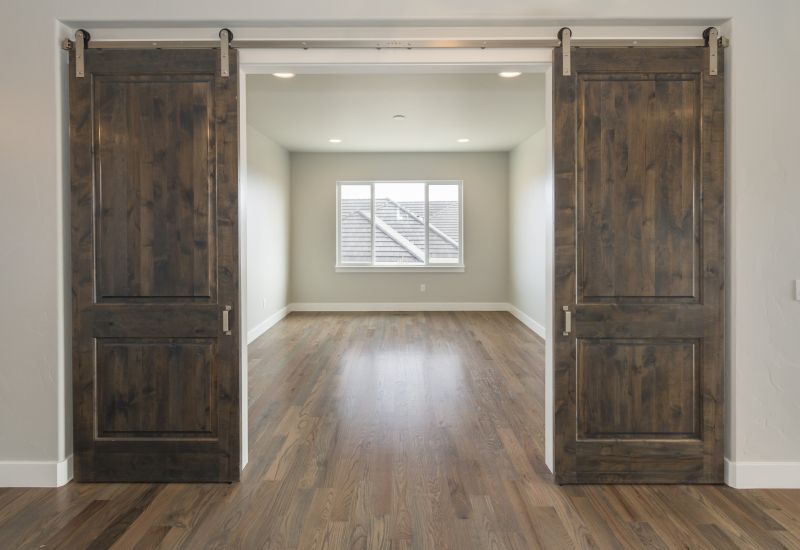
Ways to make Wood Door Strippings work in tight or awkward layouts.
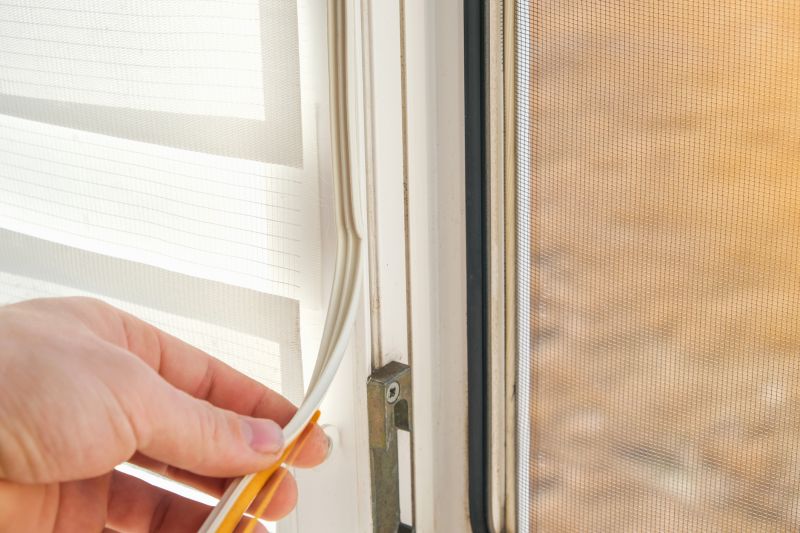
Popular materials for Wood Door Strippings and why they hold up over time.
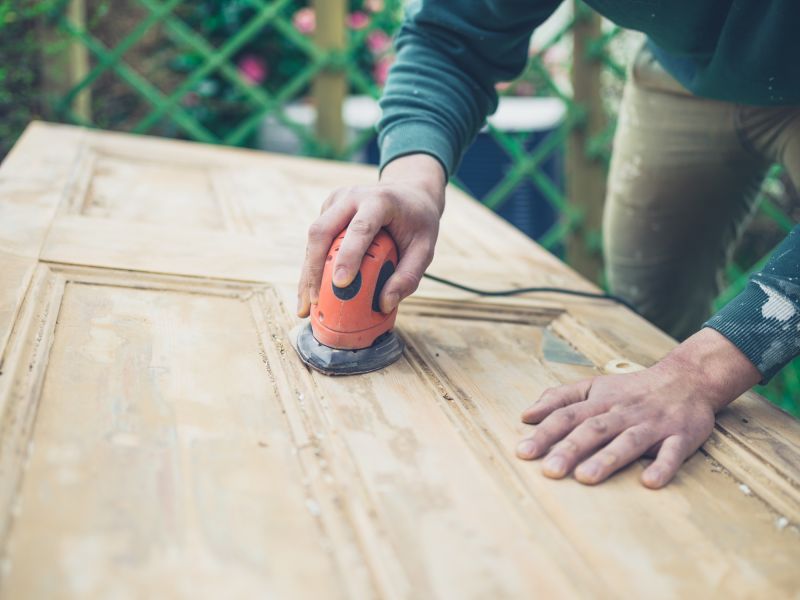
Simple add-ons that improve Wood Door Strippings without blowing the budget.
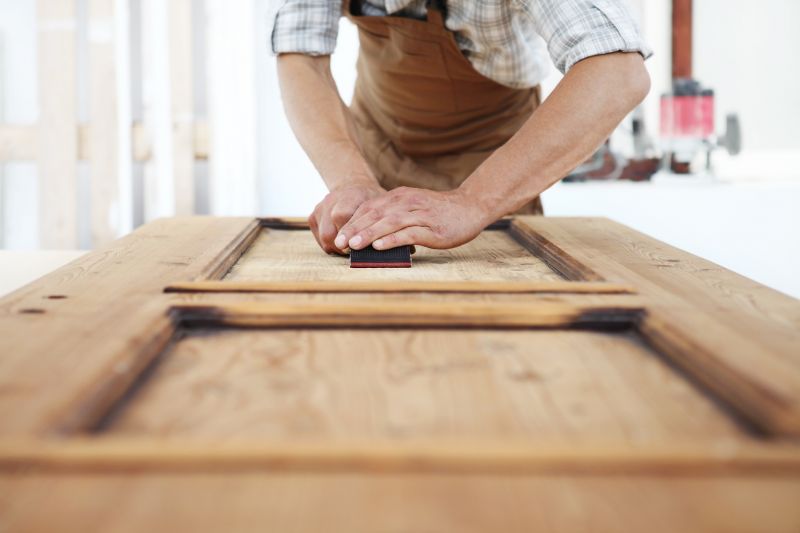
High-end options that actually feel worth it for Wood Door Strippings.
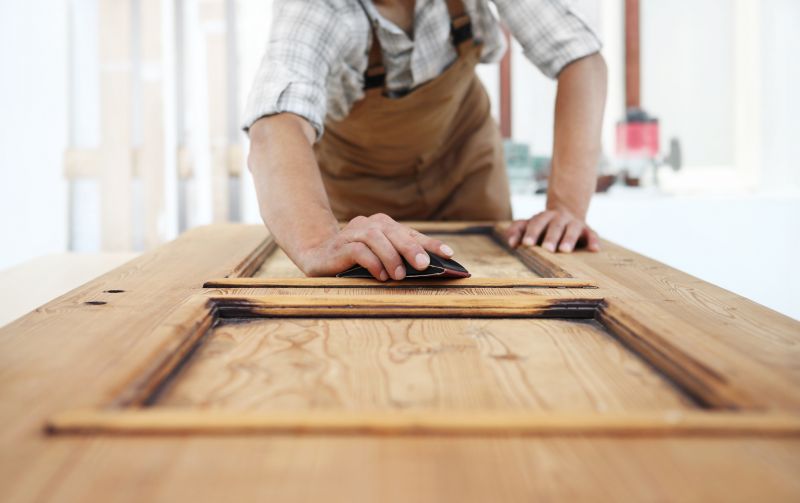
Finishes and colors that play nicely with Wood Door Strippings.
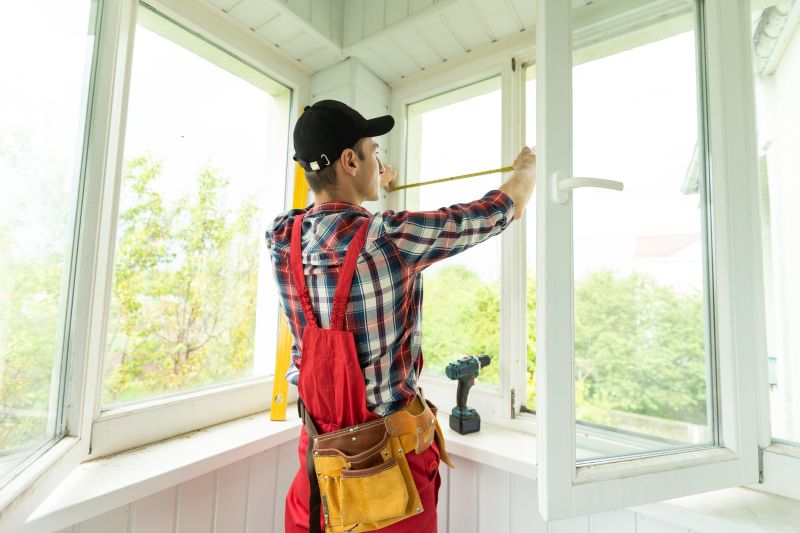
Little measurements that prevent headaches on Wood Door Strippings day.
| Season | Recommended Conditions |
|---|---|
| Spring | Moderate temperatures, low humidity, stable weather |
| Summer | High temperatures and humidity may hinder process |
| Fall | Cooler temperatures, low humidity, ideal for stripping |
| Winter | Cold and high humidity can complicate stripping and drying |
Wood door strippings are a crucial step in restoring or refinishing wooden doors. The process involves applying chemical or mechanical methods to remove old finishes, revealing the bare wood underneath. Proper timing ensures that the stripping is effective and that the door is ready for sanding, staining, or painting. The success of the project depends on environmental conditions, with moderate temperatures and low humidity providing optimal results. Stripping during unsuitable weather can lead to uneven removal, prolonged drying times, or compromised finishes.
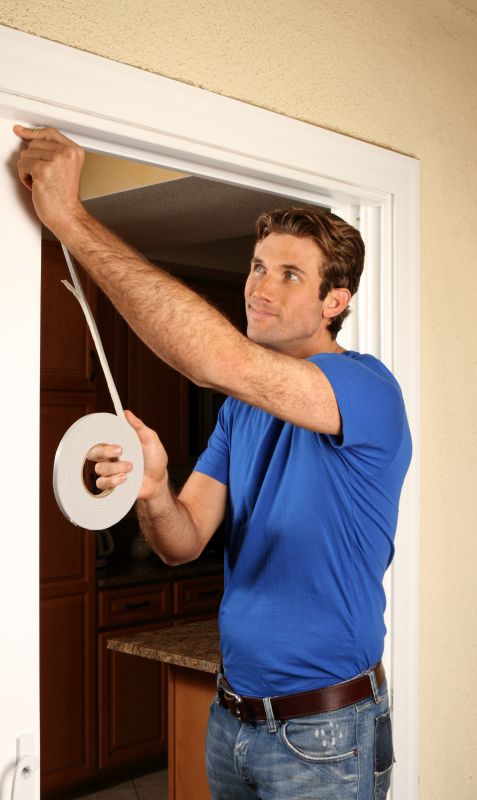
A 60-second routine that keeps Wood Door Strippings looking new.
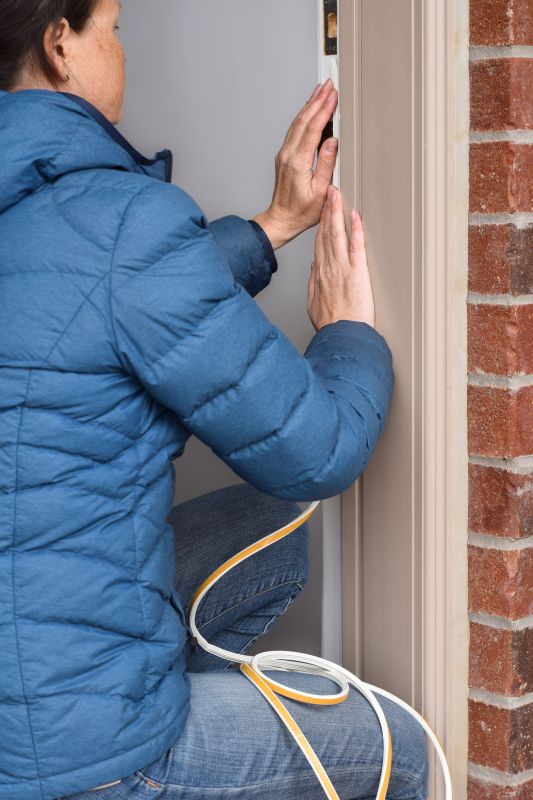
A frequent mistake in Wood Door Strippings and how to dodge it.

Small tweaks to make Wood Door Strippings safer and easier to use.
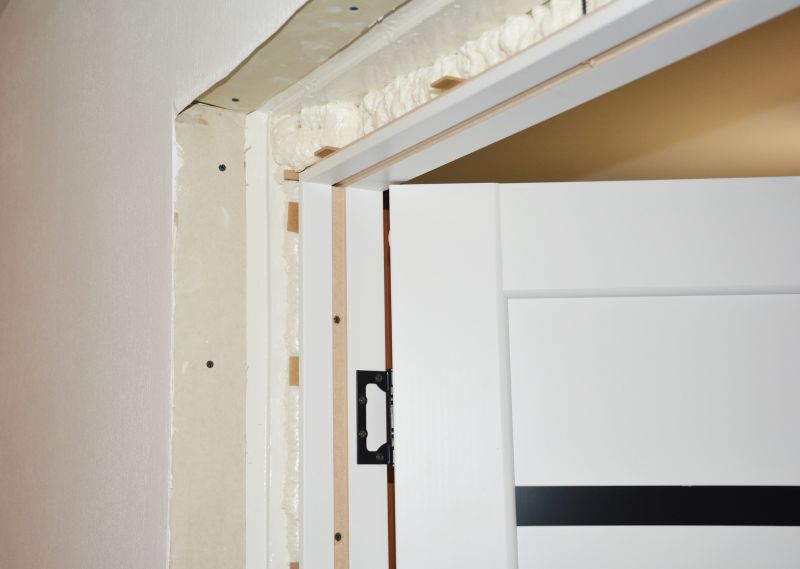
Lower-waste or water-saving choices for Wood Door Strippings.
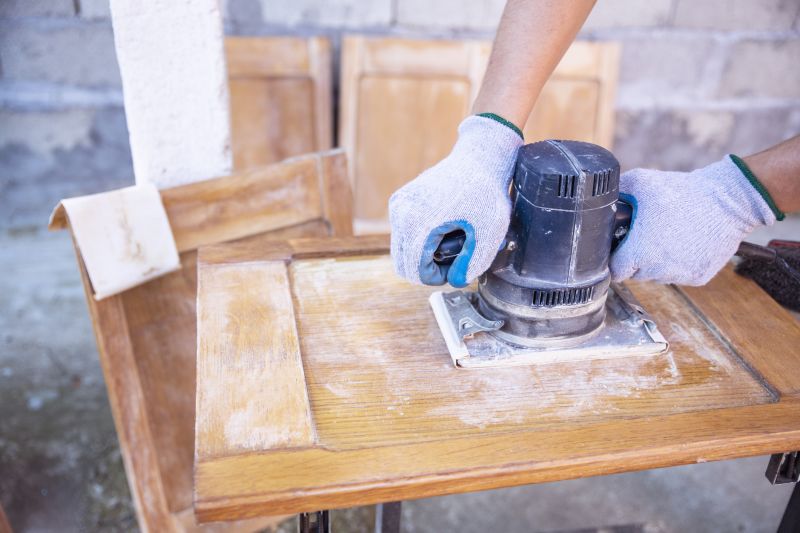
The short, realistic tool list for quality Wood Door Strippings.
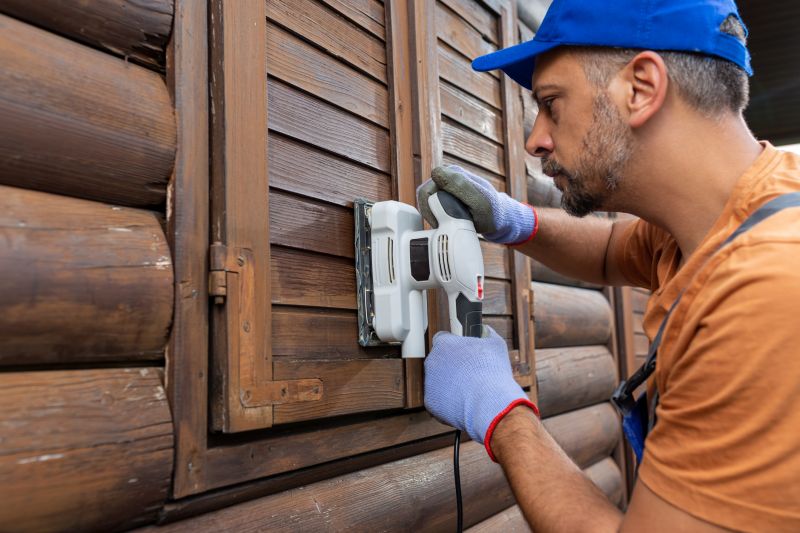
Rough timing from prep to clean-up for Wood Door Strippings.
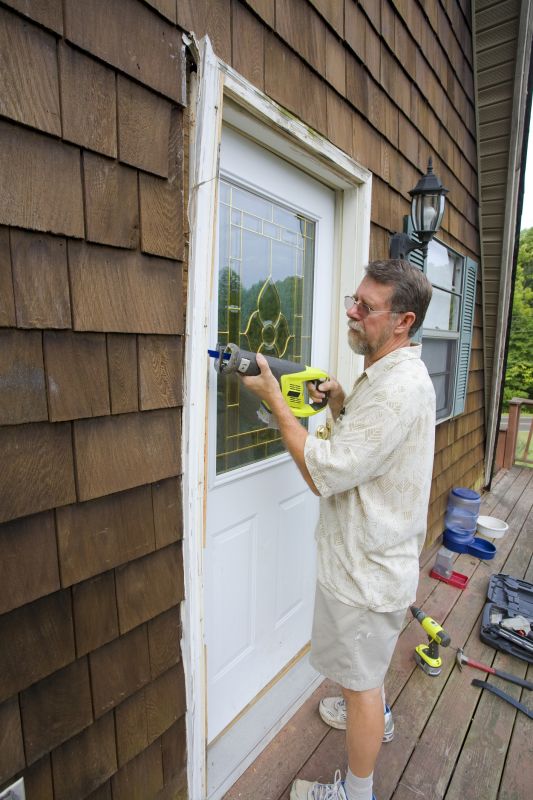
Quick checks and paperwork to keep after Wood Door Strippings.
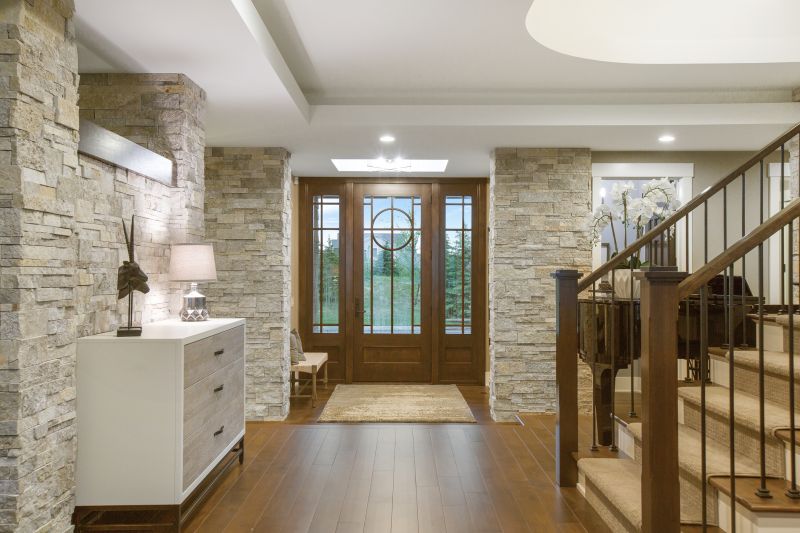
Examples that show the impact a good Wood Door Strippings can make.
Interested in restoring or refinishing wooden doors through stripping? Filling out the contact form provides an opportunity to discuss options, scheduling, and specific project needs. Proper timing and preparation contribute to lasting results and a professional finish.
